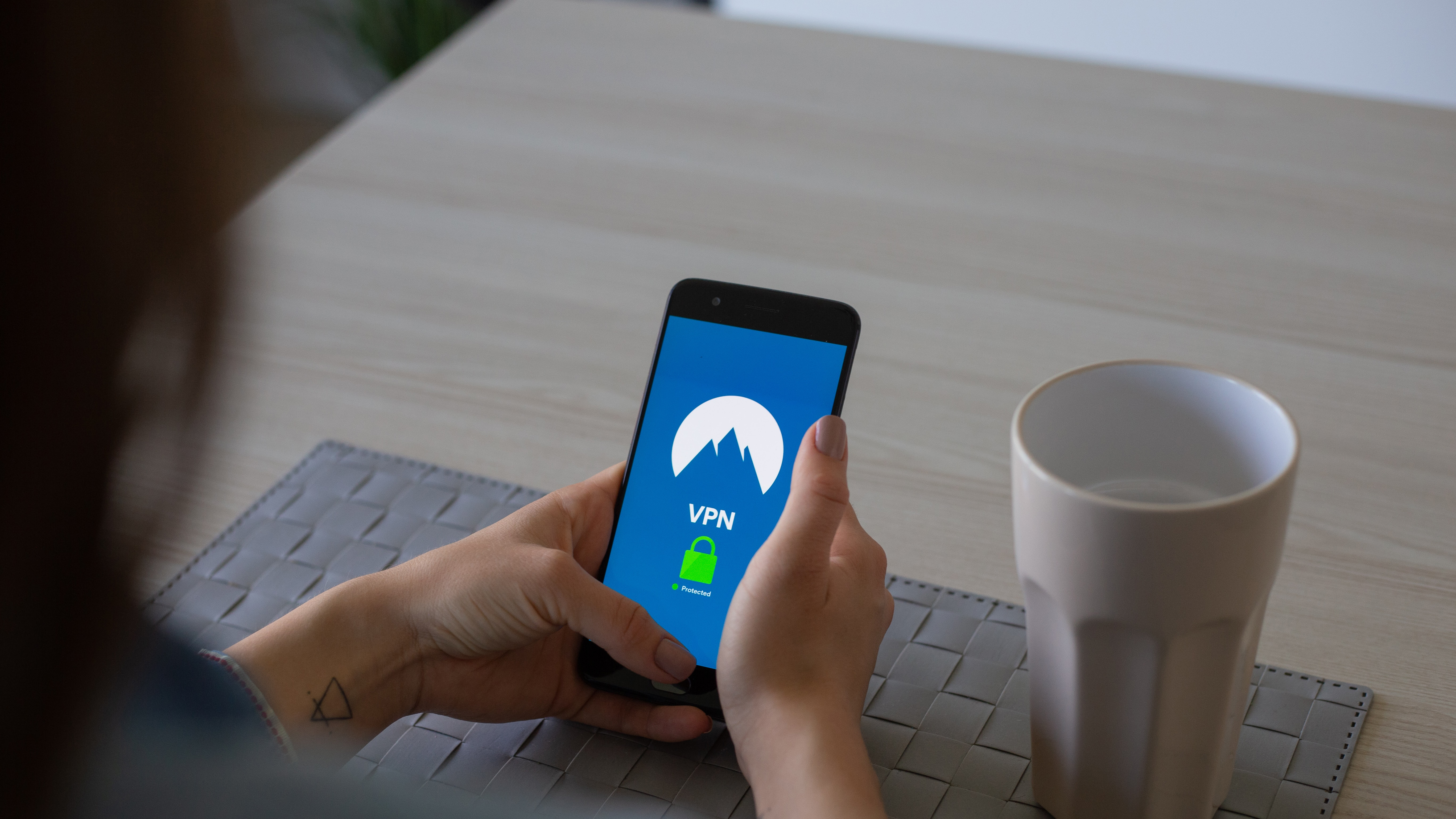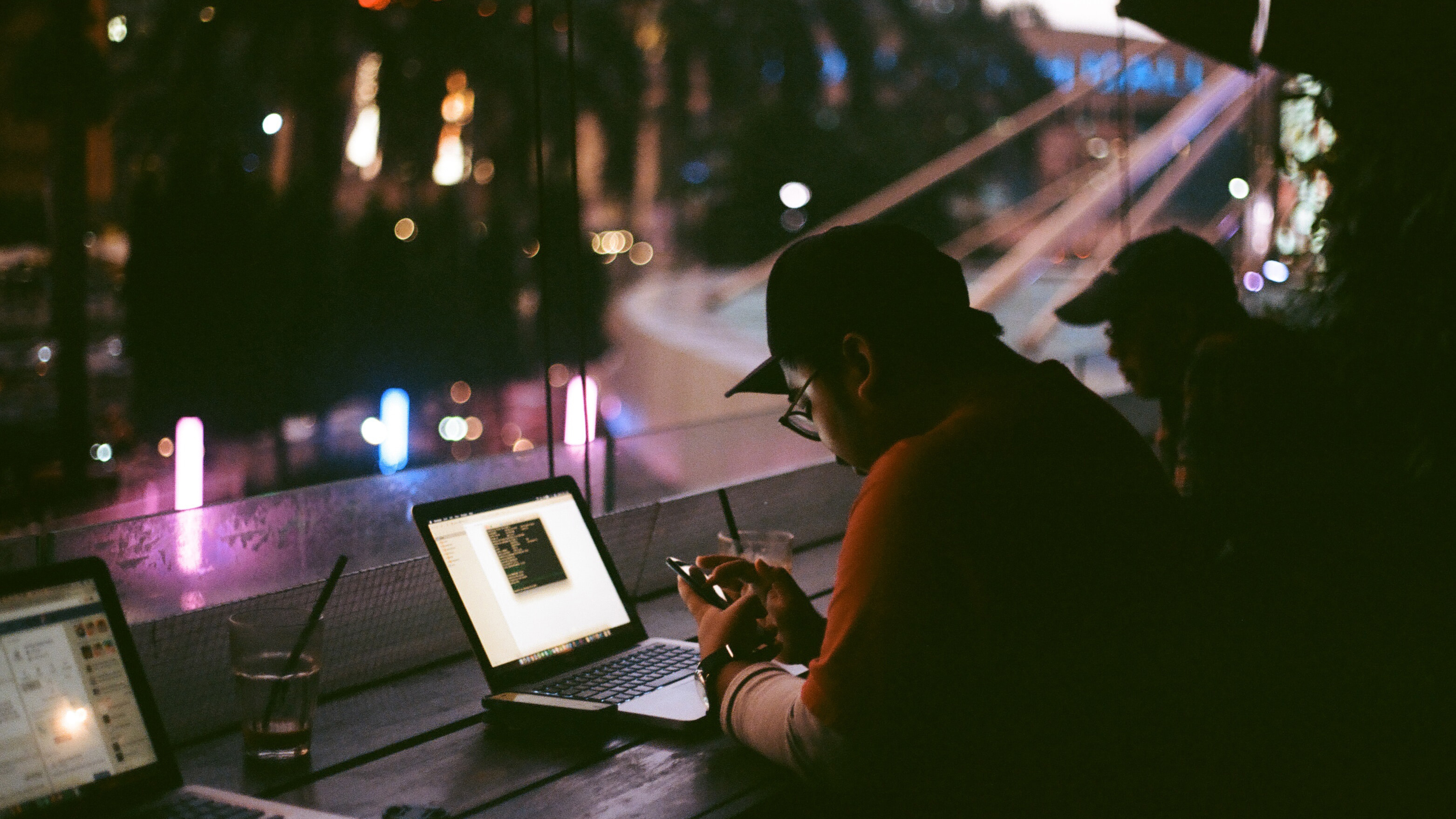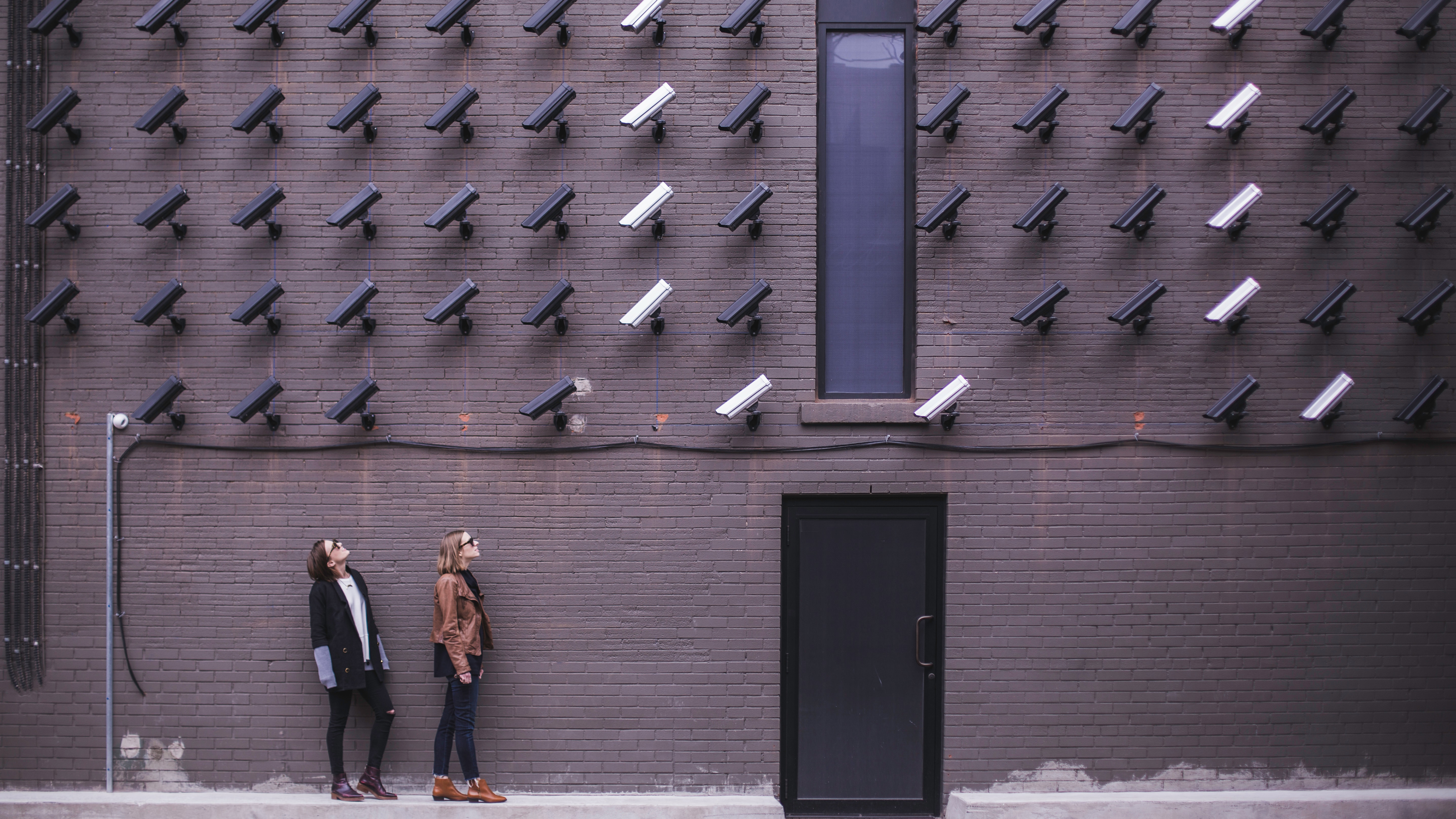What is a VPN, and why do you need one?
Online security is more important than ever, but what is a VPN, do you need one, and how can it keep you safe online?

Sign up to receive the latest news, reviews, buying guides and deals direct to your inbox
You are now subscribed
Your newsletter sign-up was successful
If you’ve spent any time on the internet in the past few years, you will have undoubtedly heard people mention VPNs. But what is a VPN, do you need one, and how can it make your online life better? What's more, you may have heard negative stories about VPN in the news, so a further question you may have it whether or not they are legal and if you're risking anything by signing up. We’ve written this handy guide to not only answer the question: what is a VPN, but also to take you through everything you need to know about VPNs. Plus, we've got a guide to the best VPN services of 2020 to help you choose one, if you need it.
What is a VPN?
Virtual Private Networks, or VPNs, are a service which offer you increased security, privacy, and anonymity online by creating a private network over a public internet connection by disguising your location online. When you’re connected to a VPN server, your IP address is replaced with that of the VPN server you are connected to, no matter where in the world that server is. So you can be browsing the internet in New York, but if you’re connected to a VPN based in Paris then that is where the internet will tell people you are.
You can use a VPN on a variety of devices, from the best home computers right through to tablets, phones, and even games consoles.
Why do you need a VPN?
This all sounds very clandestine, but there are numerous legitimate reasons that people would want to mask their online location and a VPN is the simplest, safest way to achieve this.
No matter what you’re doing online, whether it’s just browsing the web, shopping on Amazon, or online banking, you are potentially exposing yourself to outside observers who wish to record your browsing habits and personal information, including bank details and passwords. This is especially true on unsecured public WiFi connections, though you’re at risk even on secured, password-protected connections. It's a good way to protect yourself online, like installing the best antivirus software you can find for your PC.
VPNs protect you from threats by masking your internet protocol (IP) address, replacing your existing IP address with that of the VPN server that you have connected to. This means that anyone looking at your connection will only see your outward connection to the VPN, not where you browse after that point.
What can a VPN do for me?
People use VPNs for different reasons. Some people just don’t like the idea of the government or their ISPs spying on them, monitoring what they do so they turn to a VPN for peace of mind. Others need access to websites and services that are banned or blocked in their current location, such as region-locked streaming content, so they use a VPN to fool websites into thinking they are in a different country. Different VPNs offer different features, and picking the right one is a matter of working out what you want to use it for. For general use, check out our ExpressVPN review for the best all-rounder, or look at things like IPVanish and CyberGhost for more options.
Privacy
When you’re using a VPN and you are connected to another server somewhere in the world, your internet service provider (ISP) is unable to track your online activities, since all they see is your connection to the VPN – they don’t have any way of tracking which sites you’re connecting to through the VPN. Online privacy is important to many people who don’t like the idea of their ISP snooping on them.

Since the law was changed in 2017, ISPs can now legally sell your online browsing history without your permission. This naturally makes many online users uncomfortable since they have no idea who that information is being sold on to, or how it will be used. Using a VPN protects you from these risks, since your ISP won’t be able to track your browsing habits.
Security
VPNs also offer you an additional layer of security for your data, especially if you’re out and about using unsecured public WiFi networks. Anyone else with access to the same network as you could potentially gain access to your data if they know what they’re doing. Using a VPN protects you from these security issues by encrypting your data exchanges with the VPN server.
Since the VPN hides your true location and identify, it also protects you from identify theft and fraud. Hackers can steal your personal information by monitoring your online activities and then use that information to impersonate you, opening new accounts, signing up for services, and making expensive purchases in your name. A VPN is another layer of security to add on top of firewalls, antivirus, and password protection to ensure that your data stays safe from cyber criminals.
Anonymity
As we mentioned earlier, VPNs let you use the IP address of another server somewhere else in the world. This means that websites that you visit won’t be able to identify you, or even where you are in the world as they’ll only see the IP address of the VPN server. This means you’ll be able to remain completely anonymous online.

It’s unlikely that you’re a target of government surveillance, but VPNs give you peace of mind knowing that if the government does ask your internet service provider to supply them with user’s internet history, that you don’t have to worry about Uncle Sam (or anyone else) spying on you.
Access to restricted websites
Many websites are restricted in certain countries around the world due to government censorship and region locking. Using a VPN lets you piggyback on the IP address of VPN servers in other countries, letting you access any content that a person living in that country would be able to access.
This is especially useful when streaming video content abroad, as different countries don’t always have access to the same streaming services and content as we do here in the USA. So if you go on holiday to Paris and decide you want to watch Disney Plus, you’ll currently need a VPN to access the service. Likewise, if you want to watch British shows on Netflix, you can access a VPN server located in the UK and watch Top Gear or The Office.
Which VPN is right for me?
The VPN business is booming at the moment and there are a whole host of options on the market, so it can be difficult to know which VPN is right for you. To help you make an informed decision, we’ve put together a handy guide which will showcase the best VPN service. This guide will take you through the best free and premium VPN services, highlighting the strengths and weaknesses of each program so you can make the right choice to suit your needs. Or for a quick glance at our top three picks, check out the below.
Sign up to receive the latest news, reviews, buying guides and deals direct to your inbox
Ian Stokes is the Tech Editor here at Top Ten Reviews. He has extensive experience in tech and games journalism, with work published on IGN, Kotaku UK, Waypoint, GamesRadar, Trusted Reviews, and many more. You'll find him covering everything from smartphones and home computers to 3D printers and headphones. He's also our resident cocktail expert.

